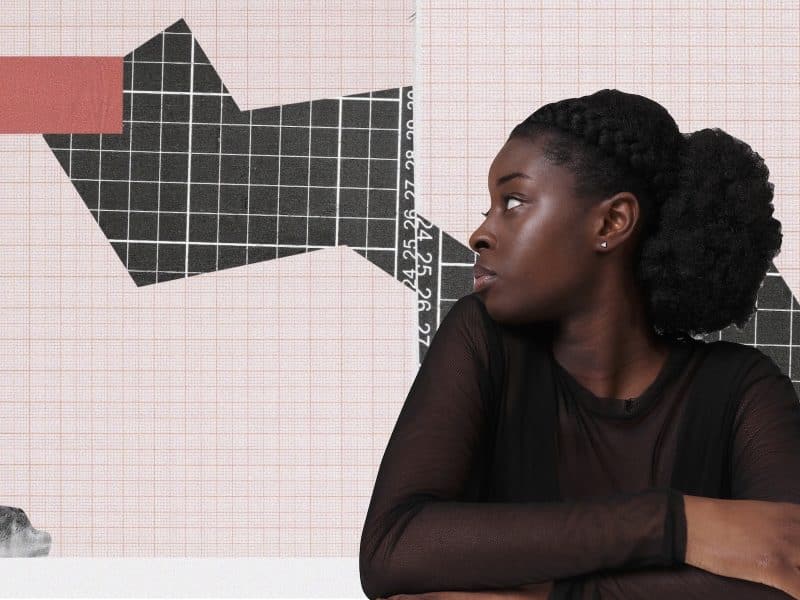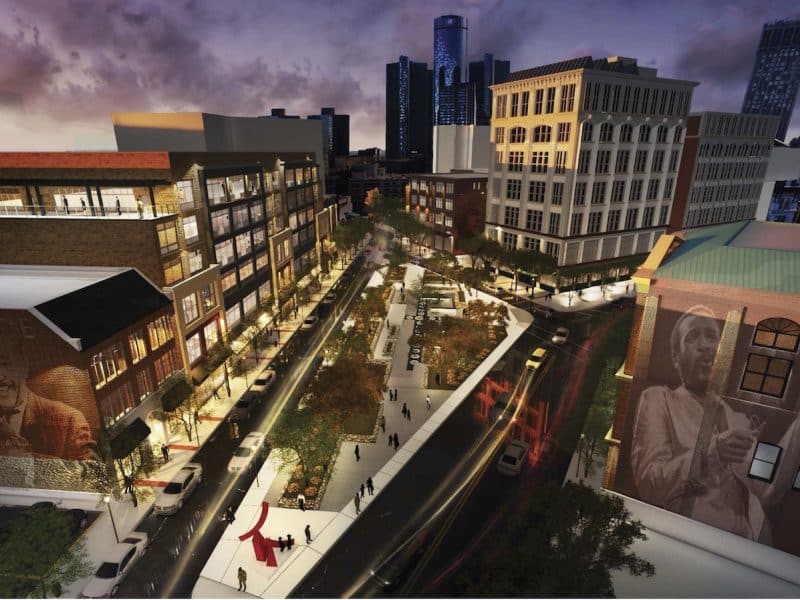Irene’s Myomassology Institute returns to serve Metro Detroit students and citizens
The pandemic made the school's close-contact work all but impossible for a while, but now it's reopened with safety precautions in place.
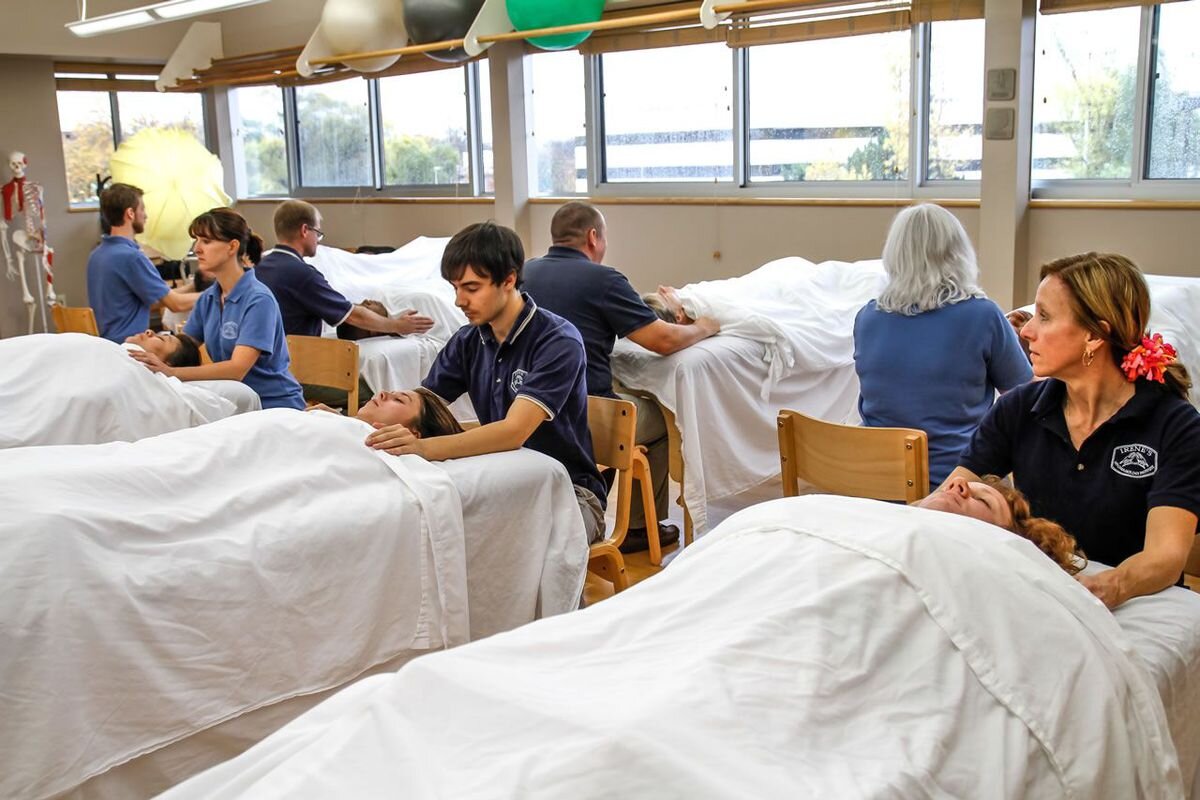
During the COVID-19 pandemic, millions of Michigan students adapted to virtual learning. Most may think of the K-12 students and their teachers who changed everything about the way they are used to learning and teaching.
But for several dozen students, it was nearly impossible to adapt to virtual learning. Students at Southfield-based Irene’s Myomassology Institute were challenged during the pandemic, when they did some work with online modules. But for some students, the 60 hours of hands-on training required to graduate were suddenly out of reach.
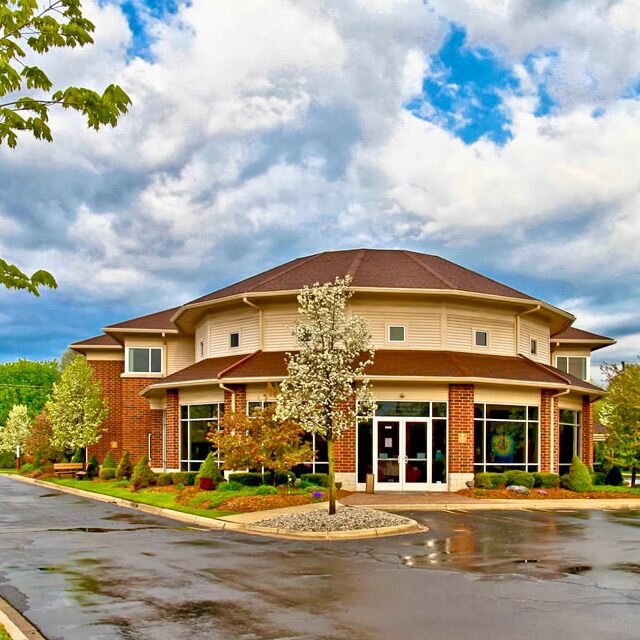
Janeen, a senior student, saw her graduation date pushed back from July 2021 to November 2021.
“The students in the class before me had it even harder. Some of them saw their dates get pushed back almost a year,” she says.
“Not wanting to sound like a dinosaur, … you can’t teach entry-level hands-on massage work over a computer,” owner Kathy Skubik says of the experience. “We muddled through, went online because we didn’t have any choice, and the students had so much hands-on stuff that we still needed them to experience. Because you actually have that muscle memory and you have to do the massage and feel it and feel what it feels like to receive it. That is equally as important and [is] a learning process so you know what you’re doing to other people if you’ve had it done to yourself.”
After several months, Skubik first reopened the acclaimed institute to students with extensive sanitation practices in place.
She calls reopening the school one of the most stressful times of her career. “It felt like a cliché saying that but it was true,” she says. “Because I’m personally responsible for all of my students’ safety and the health of all of our clients too.”
Skubik says she and her staff spent months researching and implementing every protocol that could apply to her school. She adds that they were also fully conscious that people are giving and receiving and touching each other.
During massages, students wore masks, face shields, and a clean apron for every single massage. The school gave all the students two aprons each, which had to be washed daily. Even as the pandemic (sort of) wanes, the sanitizing procedures they implemented are around to stay.
Skubik says that approximately 10 out of a couple of hundred students fell ill, and they didn’t contract the virus at school. In fact, Irene’s had zero large outbreaks despite the close-contact nature of the institution.
Students have been able to return and complete classes. In fact, there is even a waiting list for new students. The clinic is also back open for clients to get worked on by a senior student.
I hopped up on a table and let Janeen work on me, and my shoulder hasn’t been sore since. One thing I appreciate about the experience is that in addition to the massage, she stretched my body and taught me some moves to work on at home.
Skubik credits the thoughtful care to the school’s founder: her mother, Irene.
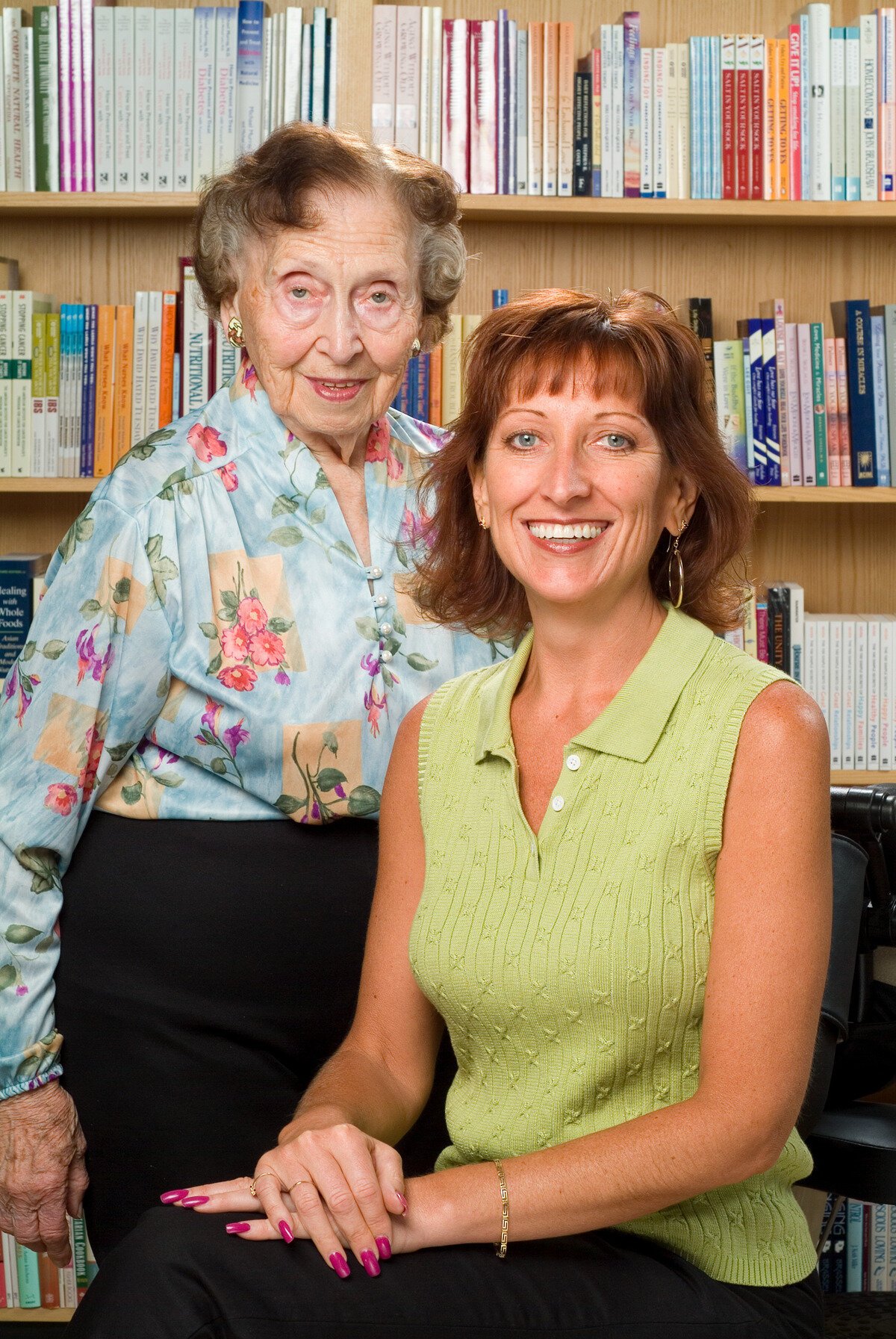
“She had such a natural talent for massage,” Skubik says of her mom. A former beauty salon owner, Irene Skubik started doing massages on her hair clients first. She then opened a small school in her home’s basement where she learned and taught the craft.
“A lot of times I equate it to the ‘drop of water in a pond’ kind of theory, where it’s like my mom was the one drop of water, and then she rippled out from all of her clients,” Kathy Skubik says. “Well, now she’s a drop of water in all the lives she touched with her students, but then all of the lives they touch with their clients. So that was like spreading the benefits of getting massages and a healthier lifestyle and all that.”
Inside Irene’s Myomassology Institute, there is a small waterfall and Irene’s favorite chair. There is a sign next to it that encourages anyone who needs a pick-me-up to sit in the chair and get some of her energy. “She just had such a strong energy, that people feel they still can sense her right here in the building,” Skubik says.
Skubik, who doesn’t practice massage, says her mom could sense a pain point on a client who was being worked on, even with her back turned. “She’d walk across the room, and then push on somebody’s shoulder or whatever the spot was, and the person was like, ‘Ow, it hurts,’ or, ‘That’s sore,’ and everyone would just be dumbstruck.
“People would ask, ‘How did you do that?’ And my mom would just shrug her shoulders and say, ‘Oh, I could just feel it.’ She could literally sense where people had discomfort or pain, and then she would intuitively know what to do to make them feel better.”
Skubik says that for most of her life she ran from entering her mother’s industry. She never learned massage, but she decided to help her mother grow the business more than 30 years ago. She says her mom was the healer and she had a head for running the business. Skubik says she is grateful that her mother was able to give her such a rewarding career.
“Massage is so beneficial,” she says, listing the benefits for people with emotional issues, PTSD, special needs, prenatal massage, and even for premature infants. She even notes that the Veterans Administration is exploring adding more massage for veterans who suffer from chronic pain to wean them off opioids.
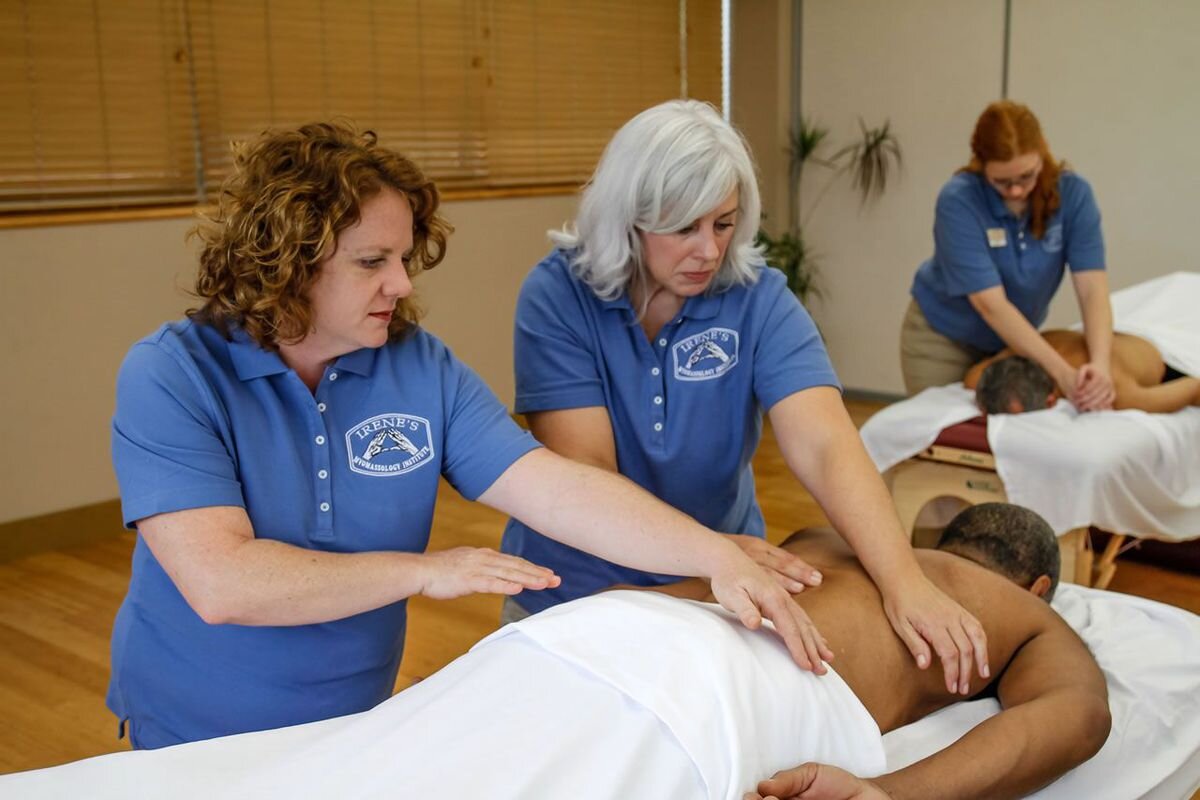
The school offers discounts on services to veterans and seniors with an hour-long massage starting at only $30, and $40 for everyone else.
Skubik encourages customers to remember that the students at Irene’s are still that: students. “You’re not going to get the same exact level of skill with each person,” she says. “But considering the affordability, people can get a massage here that they wouldn’t be able to afford anywhere else.”
She adds, “Studies have shown that as soon as a therapist’s hands touch their clients, the skin contact, that our human body and our physiological level starts releasing happy hormones.” Those happy hormones are back available and open to the public for $40 for an hour, $30 for veterans and seniors.
Visit their website to book an appointment.

